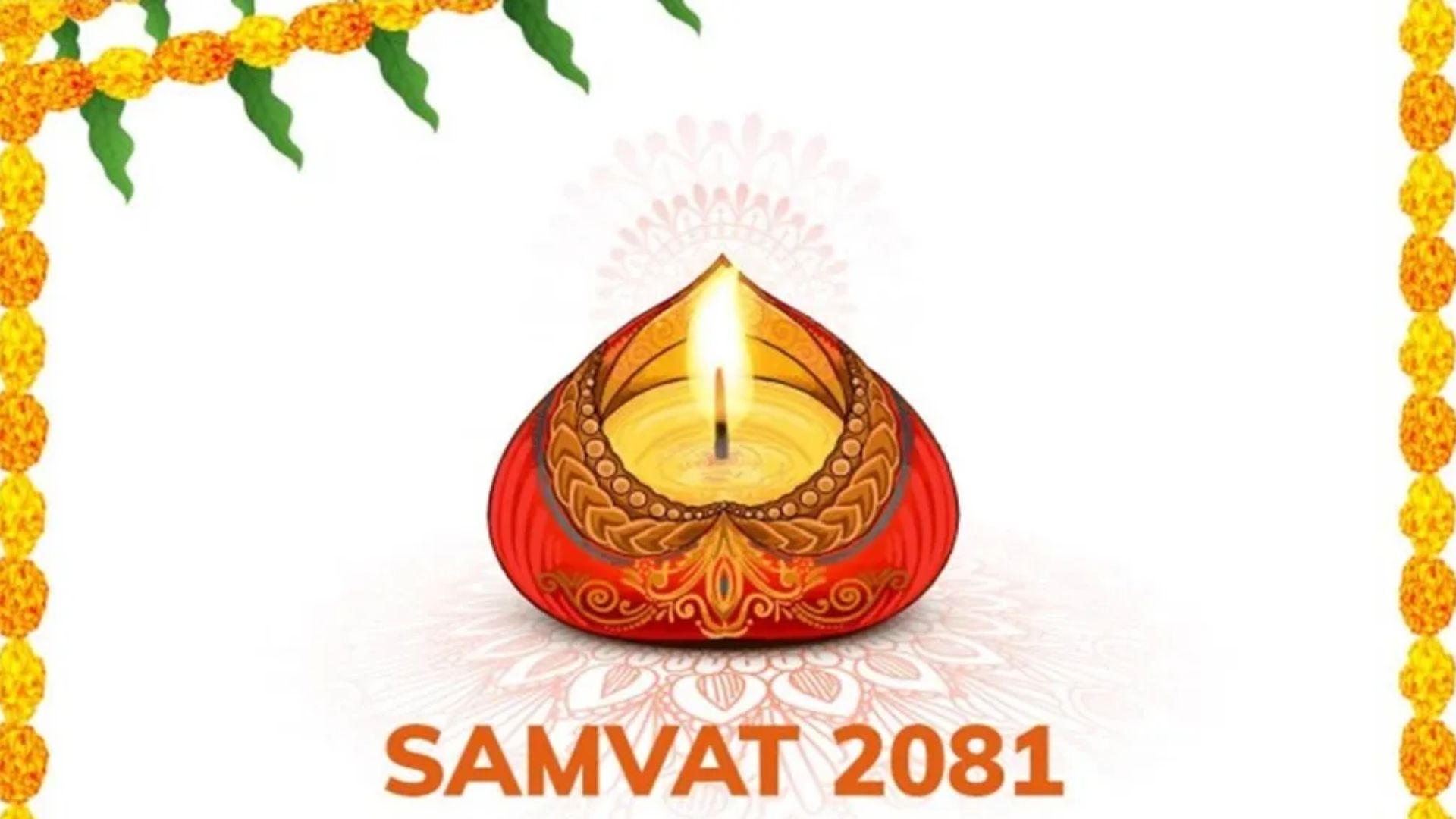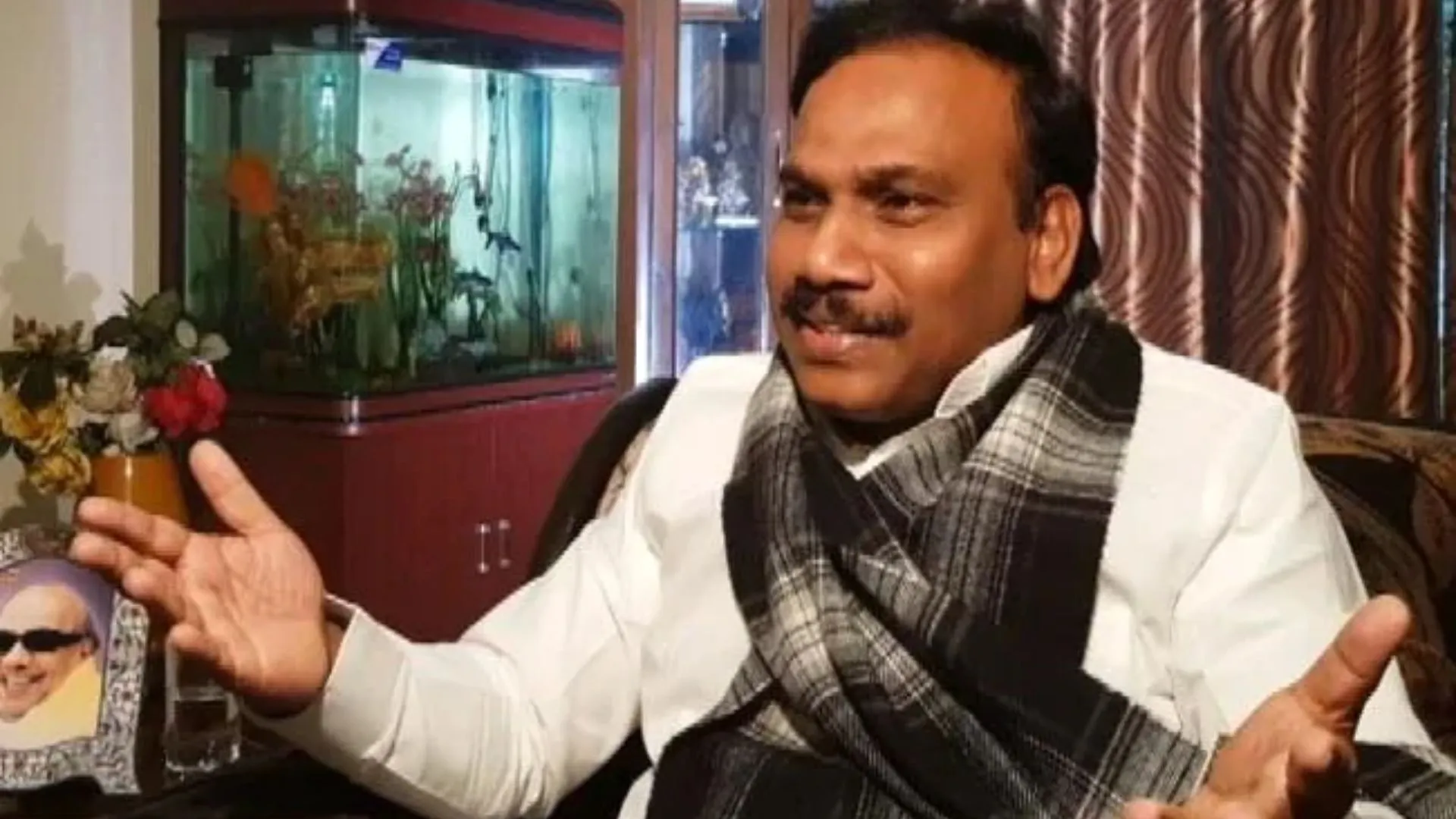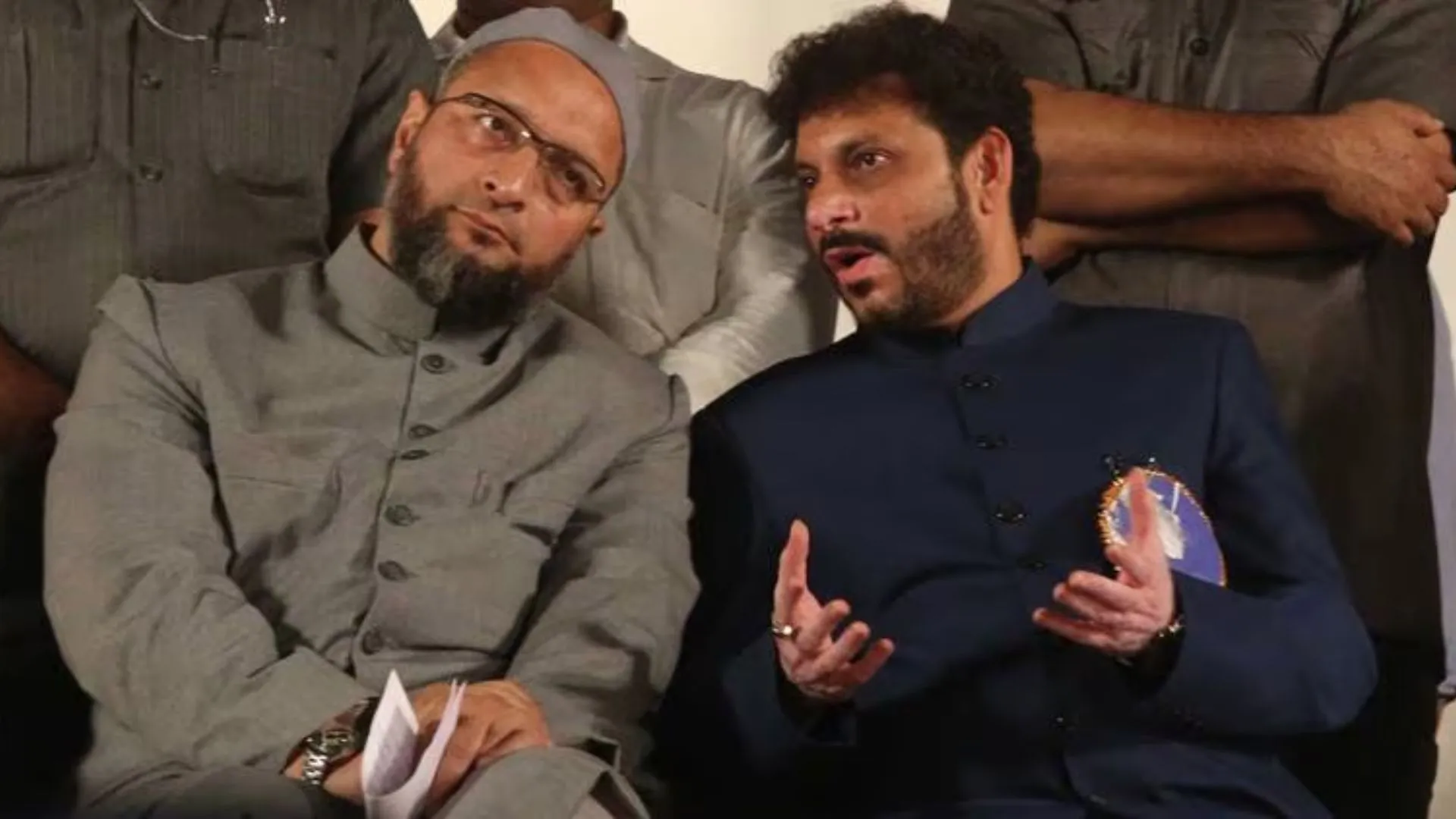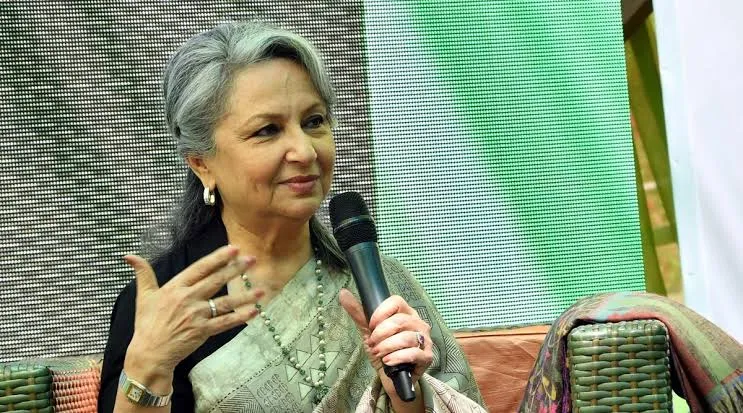As Samvat 2080 wraps up, the Indian stock markets have faced numerous challenges, including rising geopolitical tensions and persistent inflation, which have kept interest rates elevated. Despite these hurdles, the BSE Sensex and Nifty 50 have seen significant gains of 23.8% and 25.95%, respectively, thanks to strong support from retail and domestic institutional investors.
Looking ahead to Samvat 2081, analysts highlight several factors that could influence market movements, including the ongoing conflict in West Asia, the upcoming Budget 2025, and monetary policy changes. Here are some critical trends and events for investors to watch:
GDP Growth Rate
A potential slowdown in India’s GDP growth rate is a key concern for market participants in the upcoming year. Market analyst Ambareesh Baliga pointed out the recent decline in passenger vehicle sales and disappointing performances from Indian companies in the last two quarters, suggesting that GDP growth forecasts may be revised downwards. He noted that while growth is still on the table, the momentum may have diminished.
Geopolitical Tensions
Although tensions in West Asia have begun to ease, the involvement of North Korean troops alongside Russians in Ukraine suggests that resolutions may not be imminent. Analyst Gaurang Shah warned that any escalation in the West Asia conflict could lead to volatile oil prices, posing challenges for Indian industries and inflation, which could negatively impact the markets.
Interest Rates
The relationship between inflation and external factors, such as oil and vegetable prices, has left analysts divided on the future trajectory of interest rates in India. While a recent Reuters poll indicated that a slight majority of economists expect the Reserve Bank of India (RBI) to lower its policy rate to 6.25% in December, Baliga believes that RBI Governor Shaktikanta Das is unlikely to cut rates before 2025. However, any rate cuts, whether by the end of 2024 or in 2025, could boost market liquidity.
Budget 2025
According to Gaurang Shah, the government’s policies and reforms outlined in Budget 2025 are likely to positively impact the markets. He emphasized that if the budget continues the reforms discussed by the finance minister in June, it could enhance market sentiment. Key areas to monitor include initiatives aimed at reducing unemployment, achieving a 7.5-8% GDP growth rate, agriculture-focused policies, and new infrastructure support.
China + 1 and FII Flows
China’s economy faces several challenges, such as a surplus of unsold properties and waning consumer demand, prompting the government to implement stimulus measures. Analysts suggest that the recovery and sustainability of China’s growth will be crucial for foreign investor flows into Indian markets in Samvat 2081. A strong Chinese economy may lead to increased selling of Indian equities by foreign institutional investors, while a downturn could present opportunities for export-oriented sectors, potentially benefiting the Indian markets in the mid to long term.
MUST READ: Blinkit Offereing God And Silver: Man Reports Ordering Gold Coin Of 1gm, Received 0.5gm






















